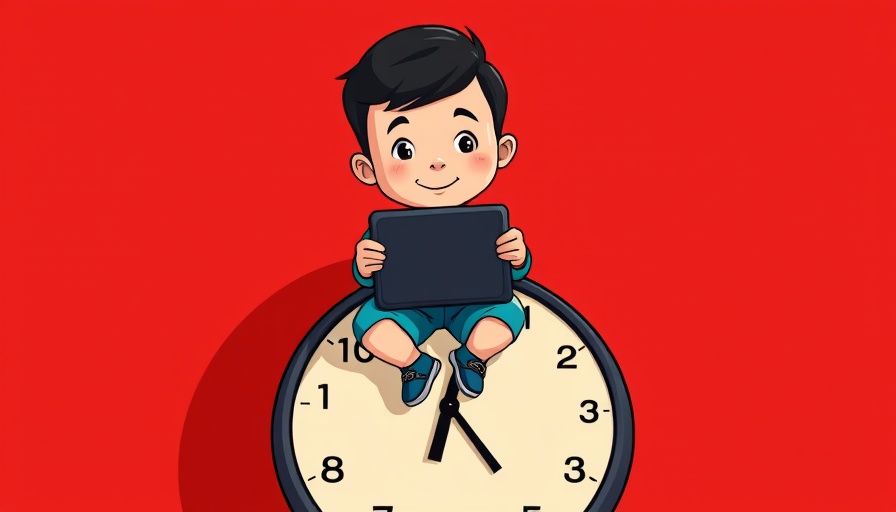
Understanding Rejection Sensitive Dysphoria: An Overlooked Aspect of ADHD
When we think about ADHD, the focus is often on traits like hyperactivity, inattention, and impulsivity. Yet, there’s a lesser-known but crucial symptom many parents overlook: Rejection Sensitive Dysphoria (RSD). RSD refers to extreme emotional pain and sensitivity triggered by perceived rejection or criticism, a challenge particularly evident in children and teenagers with ADHD. Grasping this condition is essential for parents, as it shapes how their children navigate relationships and respond to everyday situations.
The Emotional Rollercoaster of RSD
Imagine coming home from school, only to feel crushed by a simple comment made by a peer. This is daily life for kids battling RSD. They may react dramatically to what might seem like minor slights, feeling intense shame or sadness that can escalate to anger or withdrawal. Understanding this response is key for parents. A recognition that their child may not be reacting proportionately to the situation can foster empathy and connect more deeply with their feelings.
Why Emotional Sensitivity Matters
RSD is not just a symptom; it represents profound emotional sensitivity that can impact a child’s self-esteem, friendships, and overall mental health. The fear of rejection can lead to avoidance behaviors. For instance, children might refuse to participate in team sports or school dramas—activities where feedback is inevitable. By understanding RSD, parents can help their children navigate challenges proactively and create a safer emotional space for them to express their feelings.
Strategies for Supporting Children with RSD
As parents, knowing how to support a child dealing with RSD is fundamental. Here are some practical strategies:
- Open Communication: Encourage your child to share their feelings without fear of judgment. Create a dialogue where they can express their emotions openly. This demonstrates they’re understood and valued.
- Focus on Strengths: Highlight your child’s achievements and unique characteristics to build their self-esteem. Finding interests that drive their passion can help counterbalance their sensitivity to rejection.
- Practice Mindfulness: Techniques such as mindfulness and meditation can assist children in managing overwhelming emotions. They learn to observe their feelings without being controlled by them.
- Seek Professional Help: If RSD significantly impacts your child’s quality of life, consider seeking support from a psychologist or counselor specializing in ADHD. Professional guidance can help develop coping mechanisms tailored to your child.
Breaking the Cycle of Misunderstanding
One essential takeaway for parents is to break the cycle of misunderstanding that often surrounds emotional responses in children with ADHD. When emotional reactions are dismissed or minimized, the child may internalize feelings of shame or inadequacy. With education and understanding, parents can change the narrative and foster an environment where sensitivity is recognized as part of their child’s unique makeup, rather than a flaw to be corrected.
Creating a Supportive Environment
In light of rising mental health challenges among children, creating a supportive home environment is crucial. Simple steps—like encouraging emotional expression, validating feelings, and establishing routines—can significantly impact a child with RSD. Taking these actions enables children to flourish despite their challenges, equipping them with tools to manage their emotions more effectively.
Understanding ADHD and its multifaceted symptoms like RSD empowers parents to support their children better. By cultivating an environment of understanding and open communication, families can navigate the complexities of ADHD together, enabling their children to thrive emotionally and socially.
Now that you know more about rejection sensitive dysphoria, why not take a moment to reflect on how these insights can support your child? A little understanding can go a long way in nurturing their well-being.
 Add Row
Add Row  Add
Add 




Write A Comment